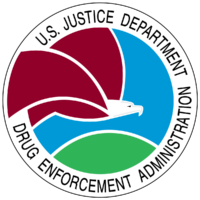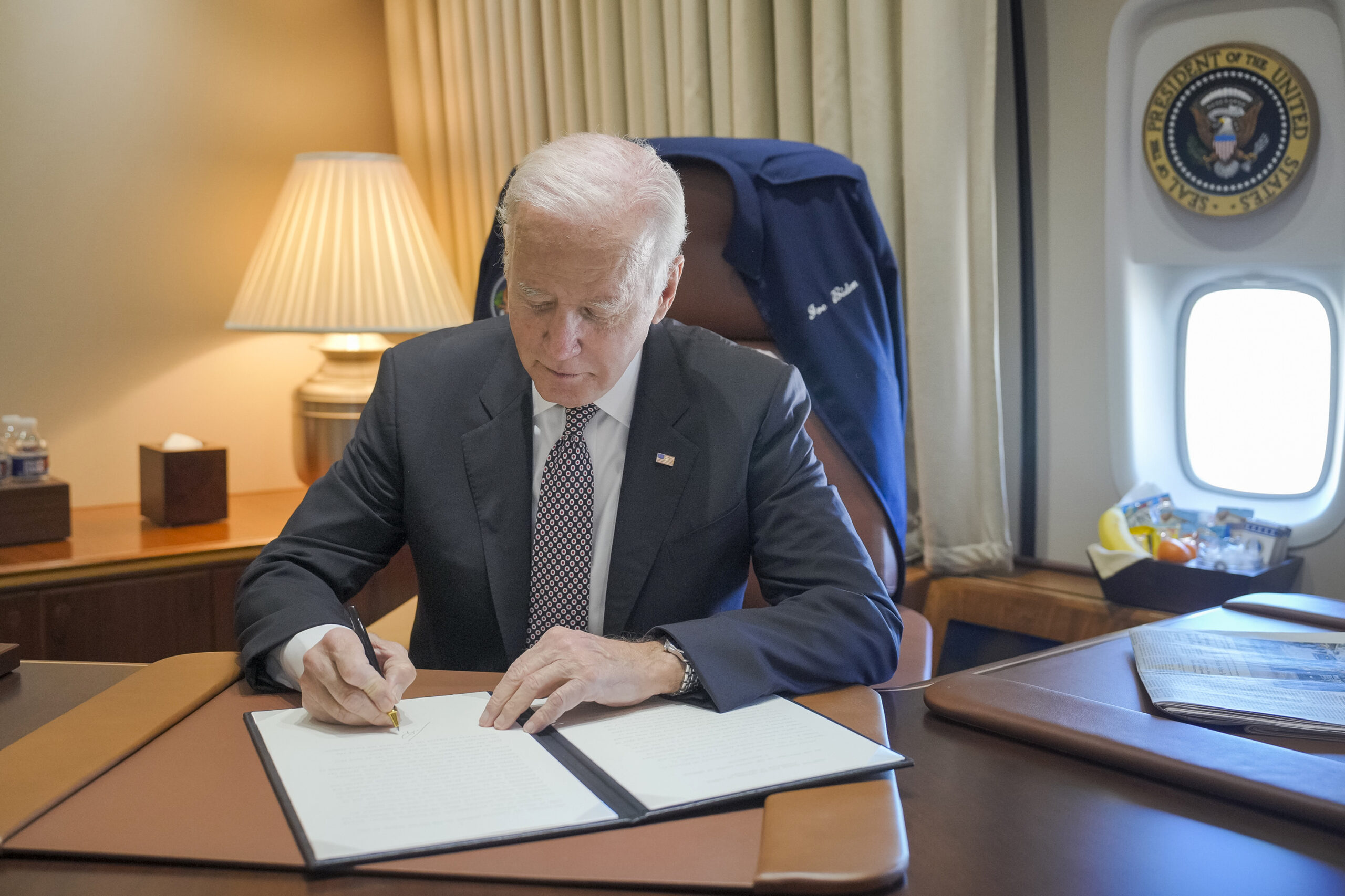In the most unexpected development to hit the cannabis industry in years, U.S. Department of Health and Human Services (HHS) Secretary Xavier Becerra has announced that, based on data and scientific analysis, the agency says cannabis is a regulated Schedule I drug. shared their recommendations. Under the Substances Act, it must be reclassified as a Schedule III drug. The announcement was made on Wednesday, August 30th.
background
HHS’ conclusions were sent in a letter to the Drug Enforcement Administration (DEA), which has the authority to reclassify how various substances are treated under federal drug laws. HHS’ recommendations mean the nation’s top health agency no longer considers cannabis a drug with no medical value and a high potential for abuse.
The announcement comes less than a year after President Biden and his administration announced the policy. statement About cannabis reform. In that statement, made on October 6, the President asked the HHS Secretary and the Attorney General (AG) to begin an administrative process to consider how cannabis is scheduled under federal law. He also promised to pardon all federal criminals. Directed the AG to develop an administrative process for clemency targeting simple marijuana possession offenses, and asked all governors to follow suit for state and local offenses. Becerra said in a statement that the agency acted “quickly” and completed the rescheduling process within 11 months “reflecting the department’s cooperation and leadership in ensuring the completion of a comprehensive scientific evaluation.” said. Indeed, the agency’s announcement reflects the administration’s desire to quickly resolve the nation’s failed approach to cannabis reform, as previous rescheduling efforts took years. Few thought the federal government would act quickly on cannabis, much less within a year.
The White House chose not to comment on the HHS recommendation, saying “the administrative process is an independent, evidence-based process led by HHS and the Department of Justice.” White House press secretary Karine Jean-Pierre reiterated the administration’s position at a press conference, saying the administration is taking a more hands-off approach, allowing federal agencies to decide on cannabis classification without political influence. He said there was.
What does this mean for the cannabis industry?
Although this is a historic announcement, many in the industry were expecting a report that would completely remove cannabis from the CSA. Rescheduling cannabis as a Schedule III drug could provide an avenue for the FDA to take on a more hands-on regulatory role and could open up opportunities for interstate commerce in cannabis. Schedule III designation does not equate to federal legalization. This means the industry continues to lack a comprehensive regulatory framework that addresses the conflicting federal and state cannabis laws. Rescheduling cannabis also does not address longstanding concerns about the impact of decriminalization and the war on drugs on incarceration rates and racial disparities in incarceration.
With the HHS recommendations made public and the ball firmly in the DEA’s court, concerns shifted to the DEA’s rescheduling review schedule. There are no firm deadlines for agencies to complete reviews, and industry participants already know that the rescheduling process can be grueling and time-consuming. The last time the DEA rescheduled a drug called hydrocodone combination preparation (HCP) in 2004, the process took a long time. Almost 10 years. In fact, the DEA has previously considered rescheduling marijuana in 2001 and 2006, but the process took more than two years and resulted in no change.
 Many officials speculate that a decision will be made ahead of the November 2024 presidential election, given the tough anti-drug stance embedded in the Drug Enforcement Administration’s operations. However, some stakeholders remain skeptical. In fact, HHS recommendations and the DEA’s approach to drug policy led to a compromise in which the DEA moved cannabis to Schedule II, a category designated for drugs with a high potential for abuse and dependence, including the most common opioids. This has led some to speculate that it might.
Many officials speculate that a decision will be made ahead of the November 2024 presidential election, given the tough anti-drug stance embedded in the Drug Enforcement Administration’s operations. However, some stakeholders remain skeptical. In fact, HHS recommendations and the DEA’s approach to drug policy led to a compromise in which the DEA moved cannabis to Schedule II, a category designated for drugs with a high potential for abuse and dependence, including the most common opioids. This has led some to speculate that it might.
Either way, the agency’s recommendations are a watershed moment for an industry struggling with declining sales and rising costs. Rescheduling cannabis could open the floodgates to more and better research on cannabis. Schedule I designation significantly limits scientists’ access to cannabis for research purposes. Schedule III designation would also have a significant financial impact on cannabis companies, which are stripped of the tax breaks and banking services that most companies rely on.
DEA acknowledges receipt of HHS’s letter and recommendation and will initiate further action. 5 factor reviewdifferent from HHS 8 element criteria. What the DEA will do and when it will do so remains to be seen, but thousands of cannabis companies across the country will be watching closely.





